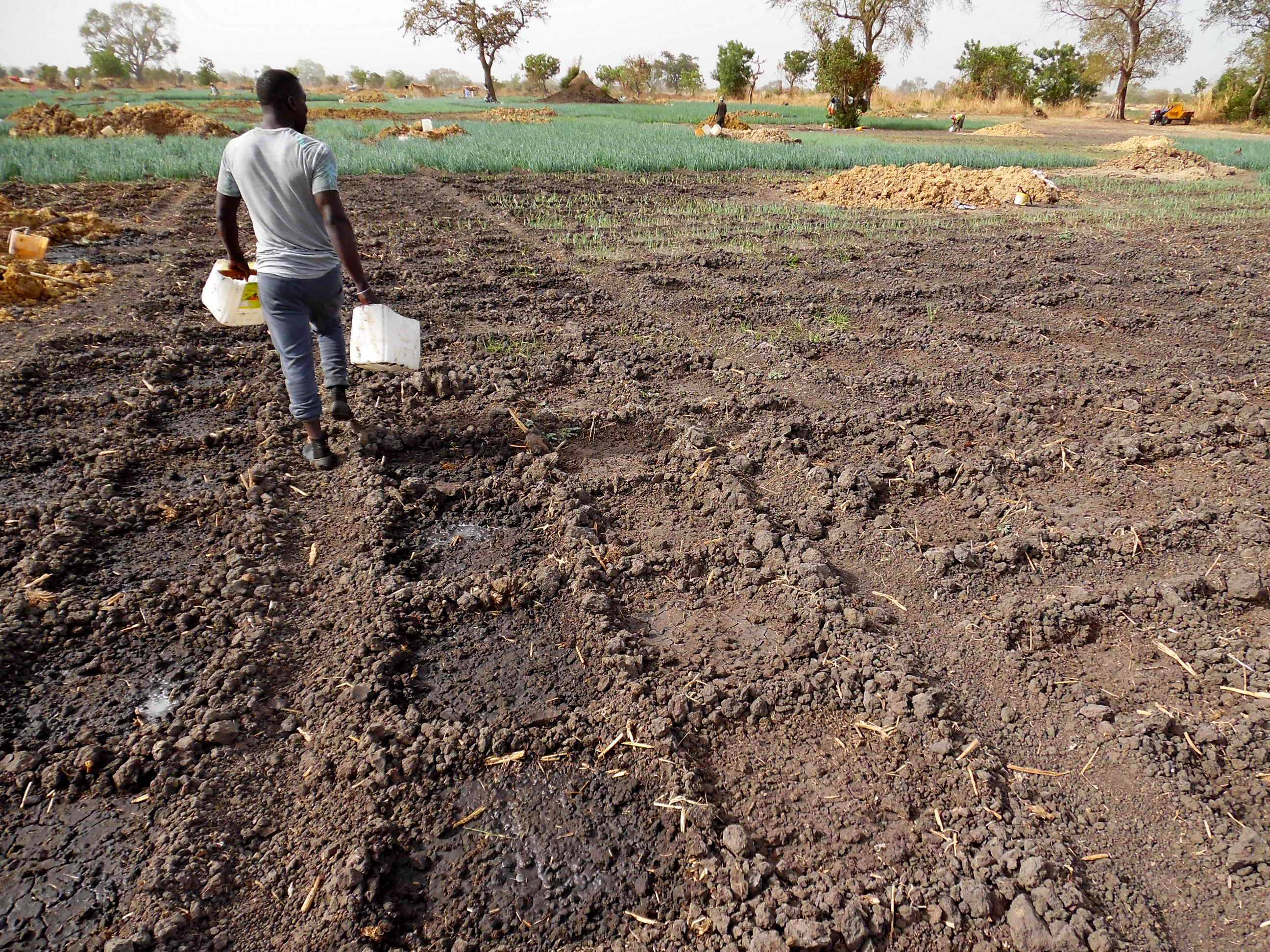Postcolonial architecture in Dakar, Senegal
Copyright© Cordelia Persen, via flickr, CC BY-NC 2.0
Core area “Peaceful and inclusive societies” Modernising administration, implementing reforms more effectively
There is a shortage of competency, skilled personnel and financial resources in administrative institutions. Procedures are cumbersome and not transparent and people do not have enough opportunities to participate. The larger political development goals are not yet sufficiently dovetailed with the specific needs of the private sector.
The German Development Ministry (BMZ) supports the Senegalese government in its efforts to modernise the administration, manage processes more successfully, provide sufficient budget funds for reform projects and strengthen public accountability. Measures are being taken to simplify administrative procedures and upskill civil service employees. In addition, various ministries are benefiting from advisory services that help them make their policies more results-oriented and more coherent.
Digital transformation
The digital transformation is a cross-cutting issue that is being taken into account in nearly all ongoing projects under Senegalese-German development cooperation. In order to deepen and harmonise the various activities, the two sides agreed at the 2023 government negotiations that a new project should be started. It will receive financial support from the European Union and will focus, among other things, on digital governance and digital inclusion, especially of women.
Labour law and social protection
To promote sustainable economic development and improve the living and working conditions of the people in Senegal, reforms also need to be undertaken as regards labour law and labour administration. That is why the BMZ supports its partner government in its efforts to revise the labour code, improve labour inspection and establish social protection systems for employees in the informal sector.
Land rights
A farmer cultivates his field in Ndederling, Senegal.
There is hardly any documentation on land ownership in Senegal. The only land use rights people typically have are those granted by local or traditional institutions. This is a constant source of conflict between the different land users. The lack of legal certainty also means that there is too little investment from the local private sector and that too few jobs are created for the country's growing population. At the same time, foreign investors are trying to purchase land for their own economic purposes (land grabbing).
Germany is supporting Senegal in its efforts to improve the legal framework to protect land rights. The local population is actively involved in drawing up land registries and land use plans and setting up complaints mechanisms. Support is also provided for the development of a digital land register.
Special efforts are being undertaken to empower women, as their access to land ownership is an important factor for economic activity and social cohesion at the community level.
As at: 28/05/2024

